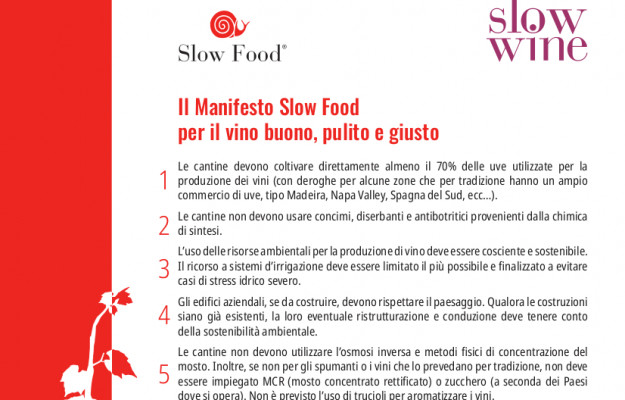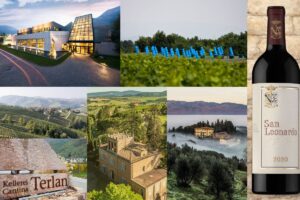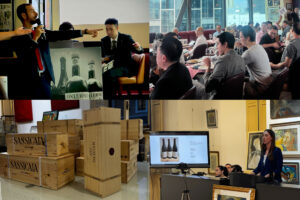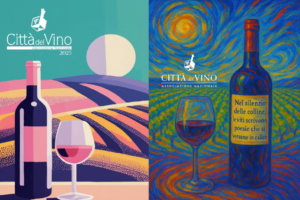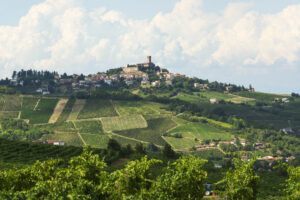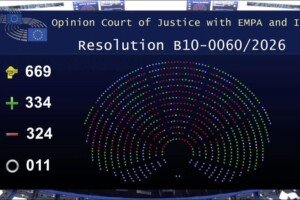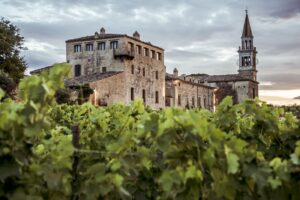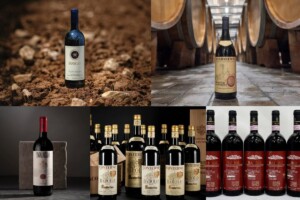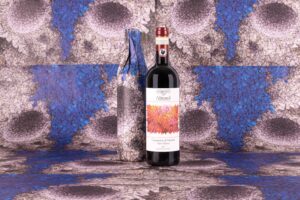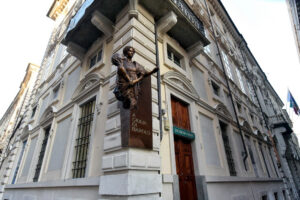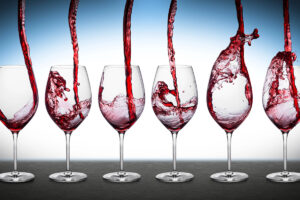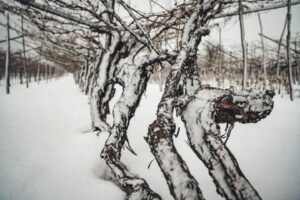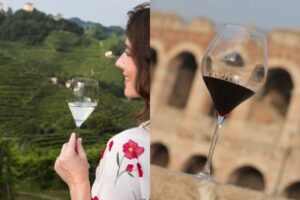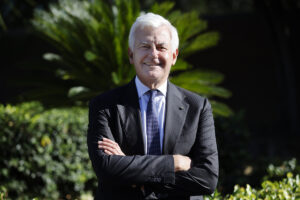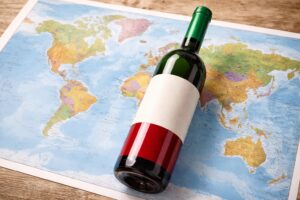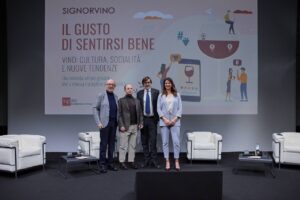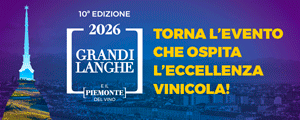The “Slow Food Manifesto for good, clean and fair wine”, was presented yesterday in Bologna at Sana Restart, and streamed on www.terramadre.it. The manifesto marks the new approach to the wine world, according to the organization founded by Carlin Petrini. Wine must be produced from at least 70% of grapes grown directly at the winery (there are rare exceptions where trading grapes is a historical matter), without using synthetic chemicals in the vineyard, and treating the environment in a “conscious and sustainable” way, limiting irrigation to a minimum. And there is more. The buildings must be built and renovated with a view to sustainability, while wines must mirror as much as possible the territories, even, for instance, in the use of indigenous yeasts but without defects that do not enhance the differences, but flatten them. The sulfur content must not be higher than that required by the EU regulation for organic wine. Furthermore, the winemaker must collaborate with the entire agricultural community in which he operates, encouraging biodiversity, and putting forth concrete and specific actions. These, in a nutshell, are the principles to follow, set down, one by one.
The new Manifesto is the result of work that began in Montpellier in 2007, and which gave rise to “Vigneron d’Europe”. It is now extended to the whole world, increasing the points that had been taken into consideration, and including the entirety of relationships that generates the work of the vigneron. It will be a starting point for the creation of a large international community that unites producers and enthusiasts, who recognize themselves in the ten principles, set out in the Charter. The Manifesto was presented on Sunday, in Bologna, by Maurizio Gily (agronomist, journalist and director of Millevigne), Saverio Petrilli (winemaker, oenologist, founder and councilor of FIVI - Italian Federation of Independent Winegrowers), Francesca Rapisarda (landscape architect), Paolo Fontana (president of the World Biodiversity Association), Maria Grazia Mammuccini (winemaker and president of FederBio) and also the two editors of the Slow Wine guide, Giancarlo Gariglio and Fabio Giavedoni.
Focus - The Slow Food Manifesto for good, clean and fair wine
1 - Wineries must directly cultivate at least 70% of the grapes used for the production of wines (exceptions are made for some areas that traditionally have a large trade of grapes, such as Madeira, Napa Valley, Southern Spain…).
2 - Wineries must not use fertilizers, herbicides and antibacterial agents deriving from synthetic chemistry.
3 - The use of environmental resources for wine production must be responsible and sustainable. The use of irrigation systems must be limited as much as possible, and aimed at avoiding cases of severe water stress.
4 – Any new company buildings to be built, must respect the landscape. Regarding buildings that already exist, any eventual renovation and their management must take into account environmental sustainability.
5 - Wineries must not use reverse osmosis or physical methods of must concentration. Furthermore, except for sparkling wines or wines that traditionally require it, MCR (Rectified Concentrated Must) or sugar (depending on the country of production) must not be used. The use of shavings is not taken into consideration to flavor wines.
6 - The amount of sulfur in the wine must not exceed the limits indicated in the European Union organic wine certification.
7 - The wines must reflect the terroir of origin. This is the reason we welcome the use of indigenous yeasts as well as scientific research aimed at isolating native yeasts, which can then be replicated and used by the company or by several winemakers of the same area and denomination.
8 - Wines must be free of the major oenological defects, because these tend to make the wines homogeneous and flatten the territorial differences.
9 - It is desirable that the winery actively collaborates with the entire agricultural community in order to enhance the agricultural system of the territorial area where it produces. In this regard, it is absolutely necessary for the winery to maintain a virtuous relationship with its collaborators and employees, encouraging their personal and professional growth, and it is equally necessary for the winery to collaborate and share knowledge with other winemakers in the area, avoiding unfair competition.
10 - The sustainable winemaker encourages biodiversity through practices such as: alternating the vineyard with hedges and wooded areas; soil management that includes grassing and green manure and that excludes, in any case, bare soil, except for short, seasonal periods; protecting pollinating insects and useful fauna by preferably using the insecticides allowed in organic farming, in case such interventions are necessary, but in any case avoiding using them during the flowering of the vine and other herbaceous species present in the vineyard; breeding animals in respect of their well-being and the production of manure on the farm, and the company's production of compost from pruning residues and other organic materials.
Copyright © 2000/2026
Contatti: info@winenews.it
Seguici anche su Twitter: @WineNewsIt
Seguici anche su Facebook: @winenewsit
Questo articolo è tratto dall'archivio di WineNews - Tutti i diritti riservati - Copyright © 2000/2026










